Healthcare sustainability was under the spotlight at an online College Masterclass
Healthcare sustainability was the theme of the RCPI February Masterclass – a monthly online series providing medical training and practice insights. The events are free to attend for members and Fellows of the RCPI.
Among the speakers was Dr Marc Williams (PhD), a Clinical Psychologist who has worked at the NHS Cardiff and Vale University Health Board since 2017. Dr Williams runs a clinic where he has treated patients
with eco-anxiety.
“I’ve always been interested in the mind and the reasons we do what we do,” said Dr Williams ahead of the Masterclass. “I’ve always been drawn to the topic of mental health, and from a position of curiosity, why mental health presents in certain ways. I’m interested in how humans cope with adversity. Psychology seems the best discipline to answer those questions.”
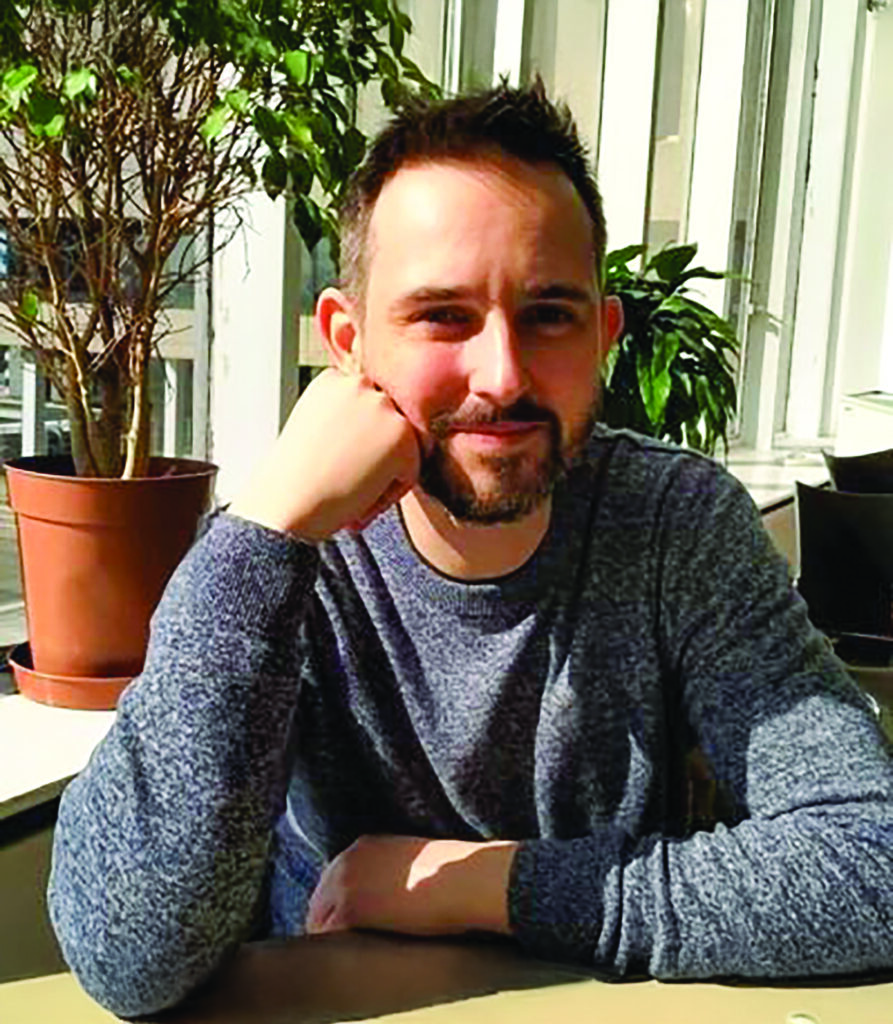
For years, Dr Williams has specialised in treating eating disorders. Recently, his research interests
have pivoted towards psychological reactions to climate change.
In the 2010s, environmentalism became mainstream with a growing culture of sustainability and new climate action commitments made by the UN’s Conference of the Parties. Complex new emotions – already theorised by environmental researchers – were highlighted in newspapers and magazines. Australian-based philosopher Glenn Albrecht wrote of “psychoterratic syndromes”. Albrecht first coined the term “eco-anxiety”, which he described as “a chronic fear of environmental doom”.
“It’s more than just a concern at the back of their mind,” said Dr Williams. “For people with eco-anxiety, it’s a prevailing preoccupation that may impact on their daily function. It might make it harder for them to socialise as they normally would, to work as they normally would, or enjoy life. It impairs, at a certain level, their ability to live life in the way they’d like.”
Dr Williams also lectures at Cardiff University, where he trains the next generation of clinical psychologists. He increasingly sees a need for eco-anxiety treatment to be incorporated into training. “In children and adolescent mental health services, I’m hearing accounts of children raising eco-anxiety as a concern and of staff not knowing how to respond to it as a concern. There’s a knowledge gap there, not knowing what to do with this experience. Do we tell people not to worry about climate change? Do we tell people to get up and do something about it? People just don’t know what to do.”
Dr Williams’ presentation at the RCPI’s Masterclass was titled ‘Eco-anxiety: Implications for
healthcare workers’.
The audience heard Dr Williams separate eco-anxiety from concern or worry about the climate, which is more common. He cited a “climate change anxiety scale” – created by the US-based psychologist Prof Susan Clayton in 2020 – on which people generally score low measures of climate anxiety.
He also made clear that eco-anxiety is not considered an illness, but it can still exacerbate other mental illnesses. “This is something for us to consider for physicians. This is not a disorder. This is a rational emotional response to existential threat, but it correlates with psychological stresses,” he said.
On observed causes of eco-anxiety, Dr Williams made links between the anxiety and lower mindfulness. Patients suffering from eco-anxiety have a higher nature connectedness, viewing themselves as part of the natural world rather than separate from it, and have a tendency to seek out information about climate change. Eco-anxiety has also been observed to be a distress associated with social withdrawal and potentially exacerbated by loneliness.
Part of the experience is feeling surrounded by people who do not share the same climate concerns. Dr Williams referenced the work of London-based psychoanalyst Sally Weintrobe. During a 2014 lecture, she introduced the term “the culture of uncare” to describe a global economy reliant on carbon emissions and fostering an “uncaring mindset”.
In her words: “The specific aim of the culture of uncare is to uncouple us from genuine caring just enough to sap our will to insist on change.”
Dr Williams concluded his presentation by discussing perceptions of people with eco-anxiety in an era where climate activism can sometimes be maligned. One suggestion in the psychological community has been to emphasise the empathetic qualities of someone with eco-anxiety, that it is not a personal deficit, but something that reflects positively on their character – that they care about the planet.
‘Embedded’
The Masterclass audience also heard from Ms Nuala Hampson, Pharmacy Lead at the UK Centre for Sustainable Health – a nonprofit that works to embed sustainable value into several healthcare areas. Ms Hampson made clear that healthcare is contributing to climate change, citing research showing that 2 per cent of global plastic production is medical plastic.
“We need to think of sustainability not as an add-on, but embedded in every decision we make,” she said, referencing the quality improvement framework established by the UK Centre for Sustainable Health. This allows health organisations to determine a “sustainable value” for improving outcomes for patients and the population.
Ms Hampson cited recent surveys of public attitudes that found healthcare professionals to be the most trusted people in society. “We have a responsibility to use that, to educate the public and our peers about links between climate change and healthcare. The 2020s are the most important decade humanity has ever faced. In the next five years we will choose our future,” she said.
Dr Cara Connolly, Consultant Anaesthesiologist, Mater Misericordiae University Hospital, Dublin, and Dr Cathy Burke, Consultant Gynaecologist, Cork University Maternity Hospital, spoke on the decommissioning of nitrous oxide pipe-systems in operating theatres, where the gas is used as anaesthetic. “One hour of surgery using it is the equivalent of driving a car at 106km and it remains in the atmosphere for 100 years and has a warming effect,” said Dr Connolly, who added that the College of Anaesthesiologists of Ireland is aiming for decommissioning of pipe systems in the next three years.
Consultant in Respiratory Medicine, Dr Deirdre Fitzgerald, presented on the ‘green inhaler’ policy at Tallaght University Hospital (TUH), Dublin. The policy encourages the use of dry powder inhalers that do not have the climate-affecting propellant of metered dose inhalers. “Some 4 per cent of healthcare emissions are accounted for by inhale medicines,” she said.
Associate Professor in Public Health at Trinity College Dublin, Dr Brett Duane, discussed the ‘Kitnewcare’ project, which determines the carbon footprint of kidney care. It led doctors to reduce plastic by transitioning from 10ml syringes to 3ml syringes and using storage tanks instead of plastic canisters and bags. Prof Seamus O’Reilly, Consultant Medical Oncologist, Cork University Hospital, argued for the importance of cancer screening and prevention in reducing the footprint on cancer treatment. “As a medical oncologist, my footprint translates into four rocket launches a year,” he said.
Also presenting at the Masterclass was Dr Ana Rakovac, Consultant Chemical Pathologist, TUH, and Naas General Hospital, Co Kildare, who applied for ‘My Green Lab’ certification – a standard for laboratory sustainability. Dr Rakovac discussed the climate effects of excessive and unnecessary re-testing. She referred to how the Royal College of Pathology, UK, introduced guidelines for managing demand in laboratory services.
Dr Rakovac is a co-founder of the nonprofit Irish Doctors for the Environment. She encouraged others to start being the change they want to see. “What I found when I started this was people saying: ‘We were waiting on someone to open the doors’.”
Climate change and health is an advocacy priority identified by RCPI learners, trainees, members, and Fellows.
Details of RCPI Masterclasses and CPD events are available here: www.rcpi.ie/Calendar/calendar
This article was produced by the RCPI.
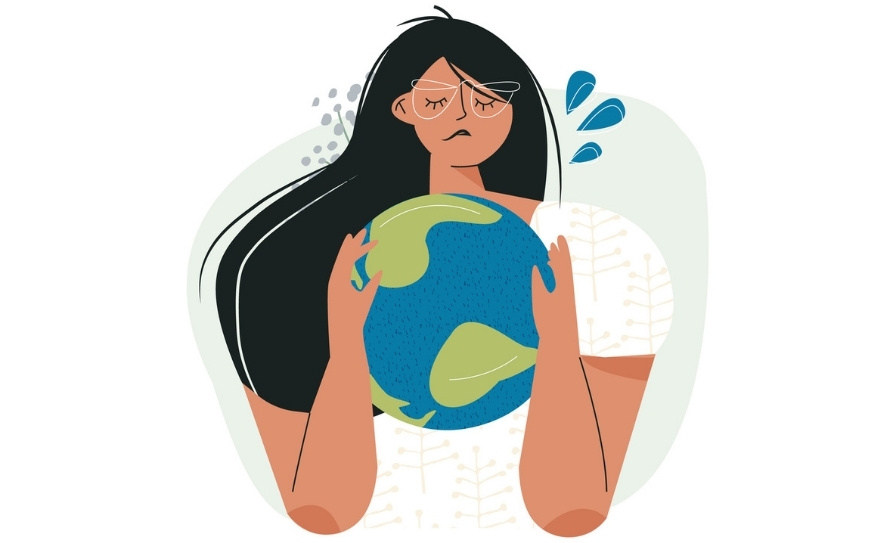
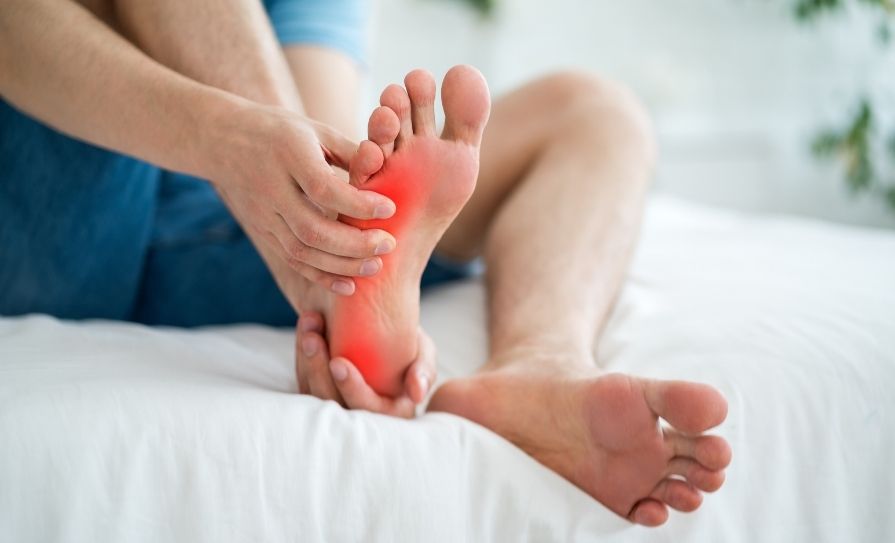
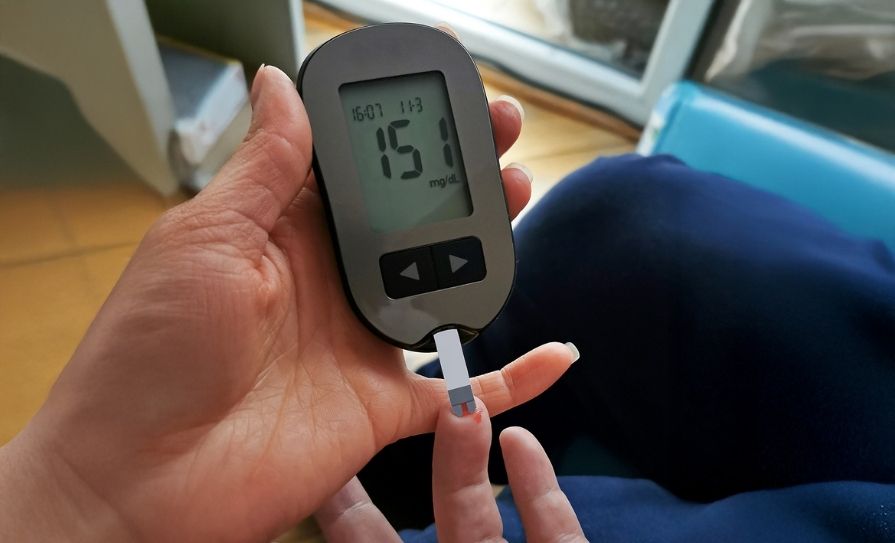
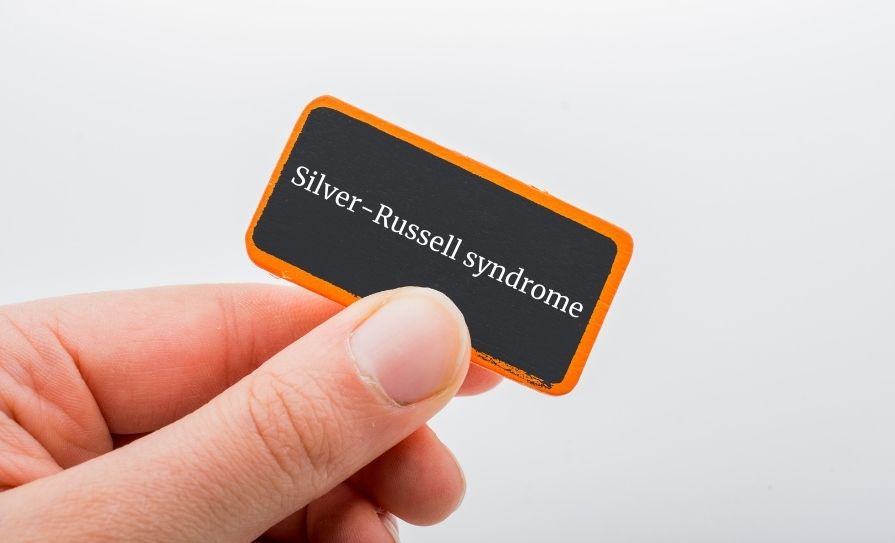

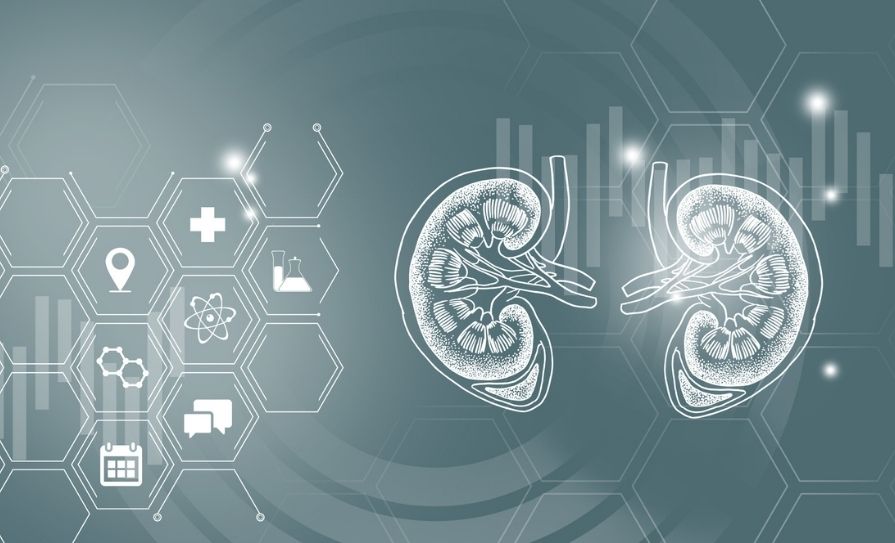

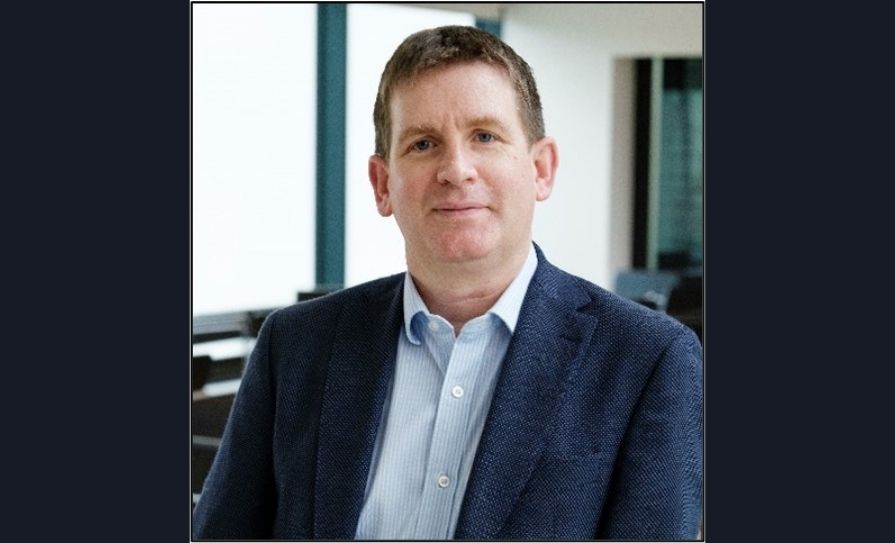





Leave a Reply
You must be logged in to post a comment.